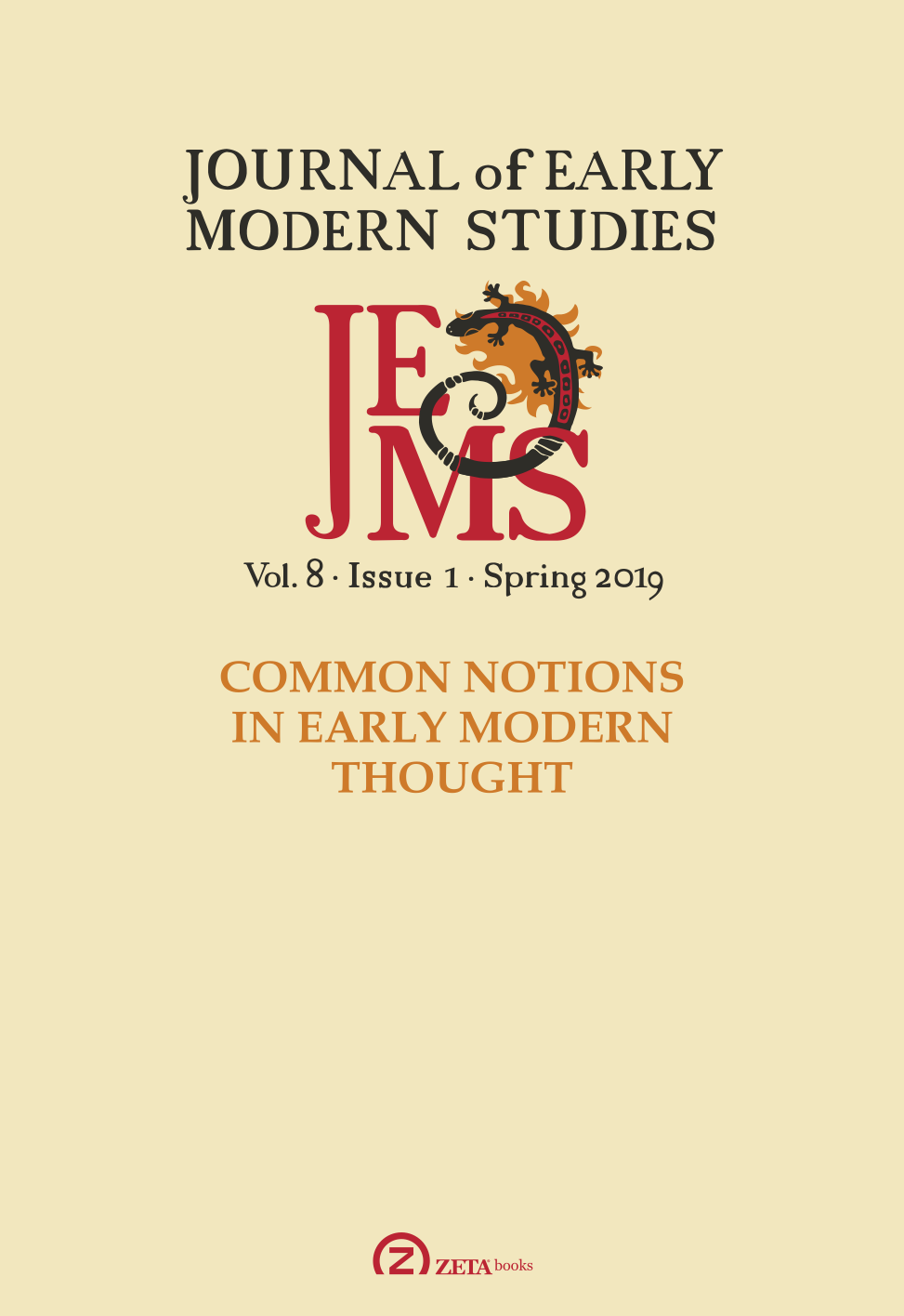The Scholastic Logic of Statistical Hypotheses: proprietates terminorum, consequentiae, necessitas moralis, and probabilitas
The Scholastic Logic of Statistical Hypotheses: proprietates terminorum, consequentiae, necessitas moralis, and probabilitas
Author(s): Miroslav HankeSubject(s): Philosophy, History of Philosophy, Early Modern Philosophy
Published by: Zeta Books
Keywords: second scholasticism; scholastic logic; probability theory; statistical quantification; modal logic, theories of suppositio;
Summary/Abstract: Among the important conceptual innovations introduced in the second scholasticism era and motivated by theological debates following the Council of Trent were the theories of moral necessity and moral implication. As they were centred upon a view of moral necessity as a form of necessity weaker than physical (and, ipso facto, metaphysical and logical) necessity, and moral implication as weaker than physical (and, ipso facto, metaphysical and logical) implication, some interpretations of moral necessity encouraged the logic of statistical hypotheses and probability. Three branches of this debate are studied in this paper: the explanation of moral necessity in terms of suppositio (Vega, Molina, Hurtado, Sforza Pallavicino), the confrontation over the interpretation of moral necessity (Quirós, Herrera), and the theory of statistical quantification (Elizalde, Terill, de Benedictis).
Journal: Journal of Early Modern Studies
- Issue Year: 8/2019
- Issue No: 1
- Page Range: 61-82
- Page Count: 22
- Language: English
- Content File-PDF

